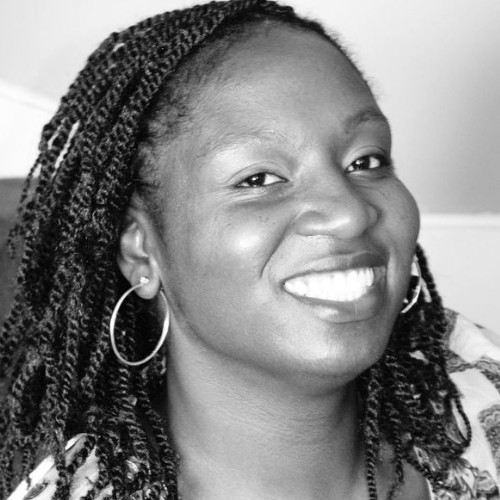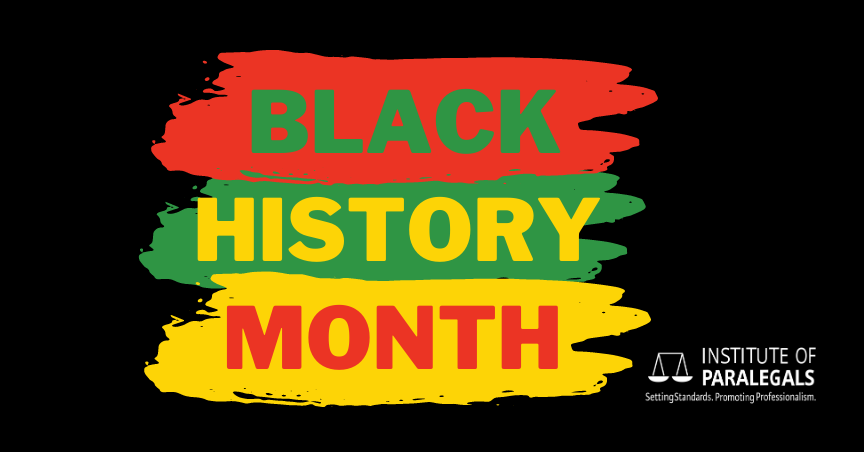As we draw to the end of October, we at the IOP thought it was important to recognize and celebrate black history month and our members.
Black History Month is celebrated annually every October, to celebrate and recognize the contributions of black African and Caribbean’s over several Black History Month is celebrated annually every October, to celebrate and recognize the contributions of black African and Caribbean’s over several generations in the UK. Black History month is not just significant and important for black people, but also credits a lot of historical contributions made by the black British. This is the reason that BHM was first launched in London during the 1980. Its purpose was to challenge racism in communities and educate on Black British History that was not taught in schools. Throughout history, black people have always been present but there was a lack of representation in the history books. In the forty years since it was first launched there has been significant change to the education, opportunities and treatment of black people, but unfortunately some attitudes of our society still need improving.
Following the tragic events this year with the murder of George Floyd, it highlighted a deep-rooted problem of discrimination within our communities. We at the IOP, are constantly trying to improve on our diversity and inclusion charter which aims to stamp out prejudice and to build diverse and supportive cultures of respect and fairness for all. For more information on our Diversity and Inclusion charter or how you can get involved, please visit the Institute of Paralegal's Inclusion and Diversity Charter.
In conjunction with our Proud to be Paralegal series, we asked some of our IOP members to give their perspective on Black History Month, what it means to them and advice for the upcoming generation of paralegals.

Jacqueline Parkes BSc Cert Mgmt (HSC) MIHM A.Inst.Pa
Jacqueline Parkes Advocate and Paralegal provides an independent, instructed advocacy and paralegal service, which can be accessed as an effective alternative to legal representation.
What does Black History Month mean to you?
I feel grateful to IOP for the opportunity to share my experience as a woman of colour in this field. I must be honest and say that the concept of ‘Black History Month’ does give me mixed feelings. Firstly, the widespread contribution to Western society from people of colour could never be contained to one month. Secondly, without our significant contribution, there would be no UK history. So, it seems strange to me to separate black and UK history. That said, change sometimes happens in small measures. And it is important for black contribution to be acknowledged, even if just for one month a year.
What adversity have you overcome in your life?
One of the hardest challenges I have faced is having my first child, a beautiful baby girl, and watching her suffer from a brain haemorrhage at just 3 days old. Life as I knew it ended for me at that time. She went on to face challenges in her development and I became a full-time carer for about 8 years afterwards, which was my privilege. Yet, I always knew that I wanted to return to work at some point. So, during her early years, I got my degree and other qualifications. My objective was to prepare myself for self-employed advocacy work when she was older, as I knew that caring for her would prohibit me from working a traditional 9 – 5 job. Most of all, I understood that as a black woman the odds were stacked against me. I knew that I would have to do everything I could to educate myself and hone my skills in order to break the ‘glass ceiling’ that threatened to stop me from achieving my goals.
Who is your inspiration in Black History?
As a Black British woman, my first thoughts are my gratitude for the Windrush Generation, which includes my parents who came here from Jamaica. This generation really inspires me, as they paved the way for black Britons today. I look at the images and footage of them walking with dignity and poise off the MV Empire Windrush ship, bringing rich culture and strong values with them, determined to make better lives for themselves and their families. They had no idea of the challenges that they would face. Yet, they endured them to create meaningful lives and I am immensely proud to be a child of that lineage.
What professional accomplishment are you most proud of?
I had been informally advocating for friends and family for many years before I became self-employed in this work. I think my biggest professional accomplishment is turning this skill into a business that helps people to assert their rights and raise concerns in various settings. I am really pleased with how this has developed into a legal role in a way I never anticipated. Becoming a paralegal has helped me to be more effective as an advocate, as this role often requires a good understanding of legislation. I am proud to support people whose voices are rarely heard and who would otherwise struggle to access legal help. As a paralegal, my remit is different from a solicitor, but my role allows me to help many people who would otherwise suffer without the support they need. My paralegal work covers employment, disability, health and social care, and housing matters and is fuelled by lived experience. As such, I am as committed to achieving positive outcomes for my clients as I have been for myself when facing similar circumstances.
What advice or information would you give to the upcoming generation of black paralegals entering the profession?
The best advice I can give to up-and-coming paralegals is to know who you are and be your best you. If you know who you are, what other people think does not matter. It is not your job to convince people of your worth as a black person. It is not your job to gain the approval and acceptance of others in the hopes of preventing discrimination. As black paralegals, we have one job, and that is to provide our service well, making no apology or giving no explanation for who we are as black people. Some people will make negative assumptions based on our colour no matter what we do. If we represent ourselves to a high standard in our field of work, that is the best we can do and that is all that matters. If we remain focused on our work as black paralegals, we will be carrying ourselves with the same dignity and self-respect as the Windrush generation, facing racial discrimination and other obstacles with the same courage that they did.
For read inspiring Paralegal journeys, to find out more about becoming a Paralegal or to get involved in the IOP's Diversity and Inclusion Charter
To find out more about Jacqueline Parkes Advocate and Paralegal services, please visit www.jacquelineparkes.com



